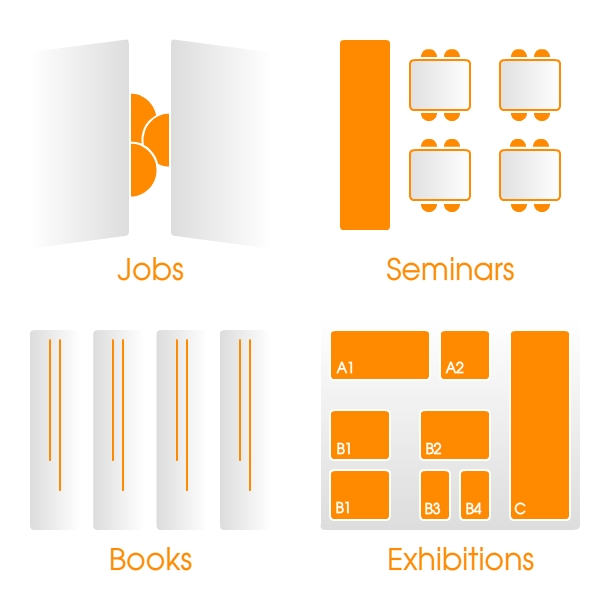
There is a wealth of research that shows that one of the most important factors in school improvement and pupils making better progress is the quality of school leadership. The most important factor has to be the skill of the teacher in front of the class, but the greatest influence in growing, maintaining and supporting that role is the Head Teacher. This person is known in almost any other system as the Principal,
but there is something about the English nomenclature that is descriptive about the influence and background of the post-holder. The job is about leading teaching and learning, including pastoral care, but is also descriptive of the background of the post – deep understanding of the dynamics of teaching and learning.
The journey to Headship is now (in England) a better planned experience, whereas in the past the assumption was that leaders of children could automatically become leaders of ‘men’ was not always the case. The National College of School Leadership (NCSL) runs the National Professional Qualification for Headship (NPQH) which is a mandatory qualification for those wishing to go into Headship. The course, consists of experience in administrative procedures, theoretical underpinning of education leadership, relationship training (e.g. managing conflict) and practical work undertaken in the candidate’s own school.
Of these components it is the dealing with relationships section that is most important. More Heads get themselves into trouble by failing to deal with difficult relationships than any other factor.
The day job is different according to setting, from small rural Primary to large urban Secondary to Special schools set up to enhance the lives of those with severe learning difficulties. However, whilst the context changes, the core role, that of leading people, both big and small, remains the same.
So, it all sounds pretty good so far, and you might wonder why there are real problems of recruitment to Primary and Special school headships. Part of it is to do with context, but mainly the deterrent is the huge bureaucracy that has grown around the accountability systems in our schools, the sense of vulnerability and sometimes isolation and pay differentials that are minimal between the highest paid teacher and the lowest paid Head
There are more than twenty accountabilities that Heads have to deal with, from curriculum quality assurance to health and safety legislation. If you are a Head in a small school with a substantial teaching commitment, the pressure is immense. The requirements are the same regardless of the size of school.
Some say that this problem would be solved by taking away the role of Head in small schools, and instead have someone who leads teaching and learning under the aegis of an operational administrator. This effectively transfers power to the administrator which is, in our view a major error. What should happen is that the administration of operational matters should be undertaken by a school business manager/director who might well operate across a cluster of schools. The NCSL runs courses for just these people, and we support that direction of travel.
The reason why schools should not be led by administrators is that the school should not be led by bureaucracy but by vision. That vision has to spring from a deep well of knowledge about how children learn, what children learn, why children learn (and why they don‘t sometimes!) and the best environment for promoting learning (where children learn). Grounded vision is the power from which children and communities grow.
From a gravestone in West Sussex:
“A vision without a task is but a dream
A task without a vision is drudgery
A task and a vision are the hope of the world.”
19th January 2009
Auteur : Mick Brookes
General Secretary, National Association of Headteachers – UK
 Dans son livre : "Virage européen ou mirage républicain? Quel avenir voulons-nous?", Nelly Guet démontre la sclérose du système éducatif français et fait des propositions européennes.
Dans son livre : "Virage européen ou mirage républicain? Quel avenir voulons-nous?", Nelly Guet démontre la sclérose du système éducatif français et fait des propositions européennes.


